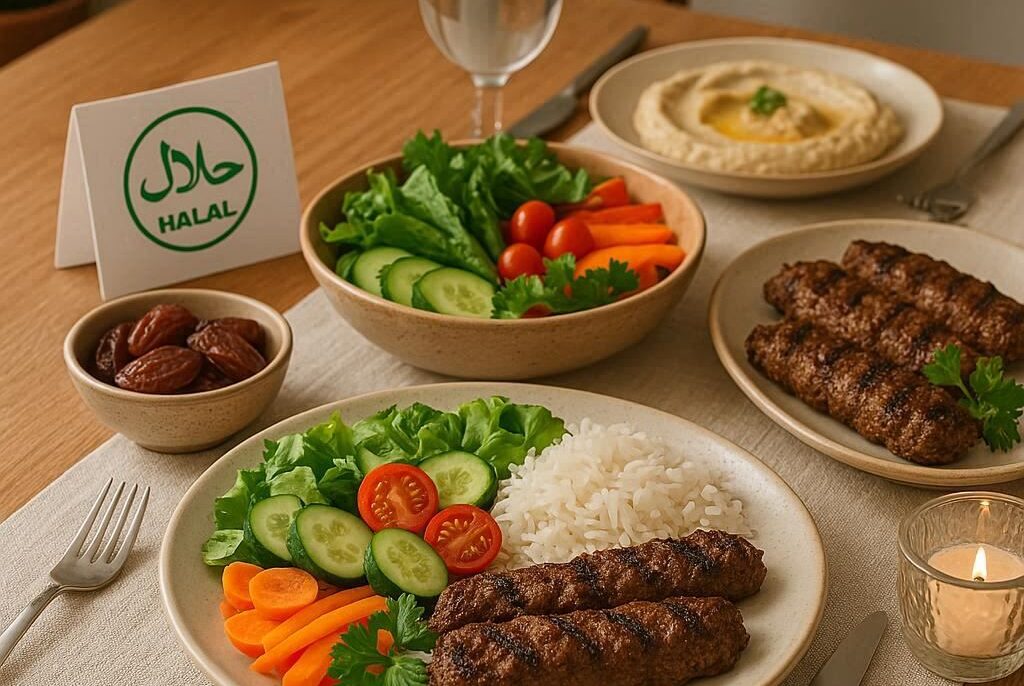
In our daily lives, food is more than just nourishment—it is also a reflection of our values. Choosing halal food not only fulfills a religious duty but also shapes our spiritual growth, ethical conduct, and overall character. When we eat with mindfulness and faith, every meal becomes an act of worship and self-discipline. Just as parents guide children in faith through a virtual madrasa for kids, mindful food choices guide believers toward a healthier spiritual life.
The Connection Between Halal Food and Faith
Eating is a natural part of life, yet in Islam it carries deep spiritual meaning. By choosing foods that are permissible and avoiding those that are not, Muslims show obedience to Allah’s guidance. This conscious choice strengthens faith and reminds us that our actions—even simple ones like eating—are tied to our spiritual journey.
Building Character Through Conscious Halal food Eating

Food influences not only our physical health but also our emotional balance. When we avoid harmful or doubtful items, we develop habits of patience, self-control, and gratitude. These small acts of discipline shape a stronger character and help us make better decisions in other aspects of life. Parents who enroll children in a virtual madrasa for kids often see similar benefits: consistency, discipline, and long-term spiritual growth.
Ethical and Social Impact of Halal Choices
Halal is not limited to what is lawful; it also reflects compassion and fairness. For example, animals should be treated humanely, and trade should be conducted honestly. Thus, the halal lifestyle promotes ethical business practices, respect for creation, and social responsibility.
Halal Food in Modern Times

In today’s fast-paced world, processed meals and quick dining options often make it harder to stick to faith-based choices. However, increasing global awareness has made more accessible than ever. From restaurants to packaged goods, Muslims now have more options that support both convenience and devotion. Online platforms, just like a virtual madrasa for kids, are proof of how faith-based solutions are becoming easier to access in modern life.
FAQs
Q1: Is halal food healthier than non-halal food?
Halal food often promotes cleaner and safer preparation methods, but health also depends on balance, moderation, and quality of ingredients.
Q2: Does halal food only matter for Muslims?
While halal food is a religious requirement for Muslims, many non-Muslims also prefer it due to its ethical and hygienic standards.
Q3: Can halal food influence personal character?
Yes. Choosing halal food trains self-discipline, builds gratitude, and strengthens one’s commitment to faith.
Just as mindful eating strengthens faith, continuous learning shapes a believer’s character. For parents seeking modern solutions, enrolling children in a virtual madrasa for kids like MeeM Academia can provide structured Islamic learning from the comfort of home. With expert guidance, flexible schedules, and engaging lessons, MeeM Academia helps children grow spiritually—much like halal food nurtures the body while aligning with faith.


0 Comments